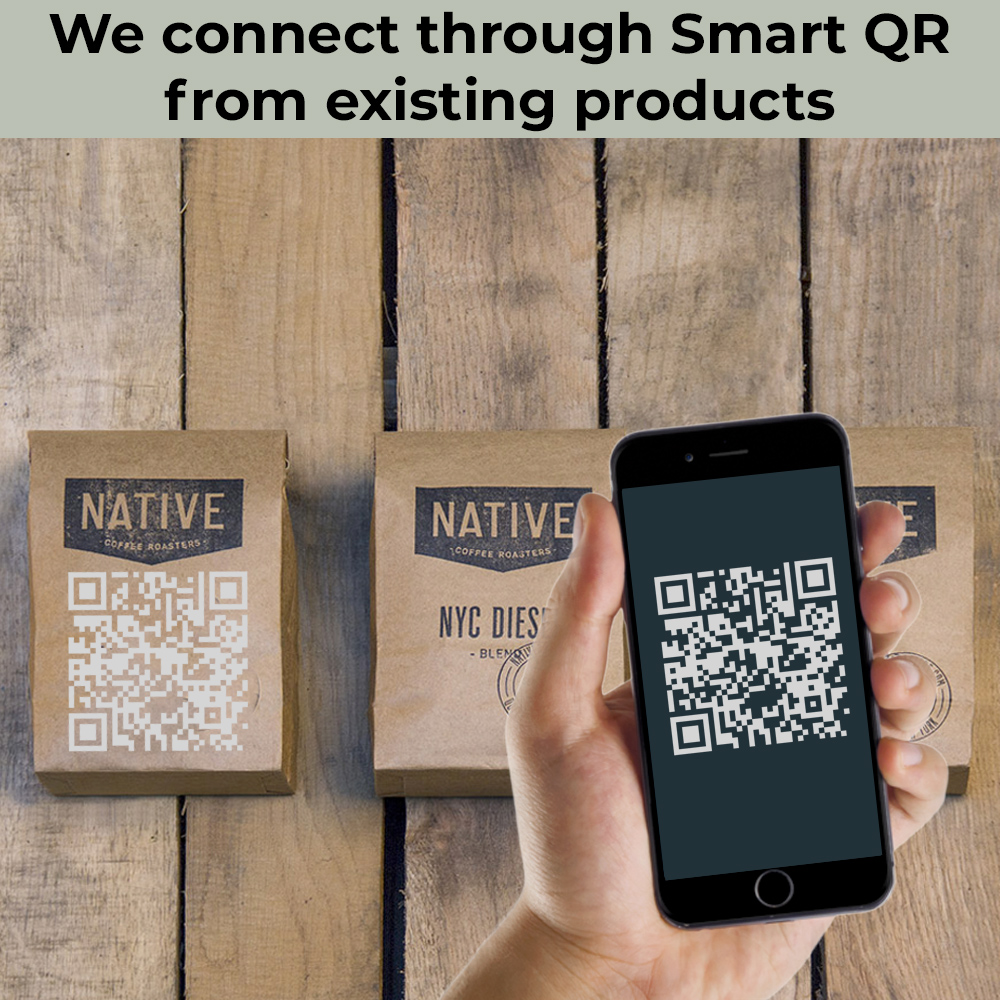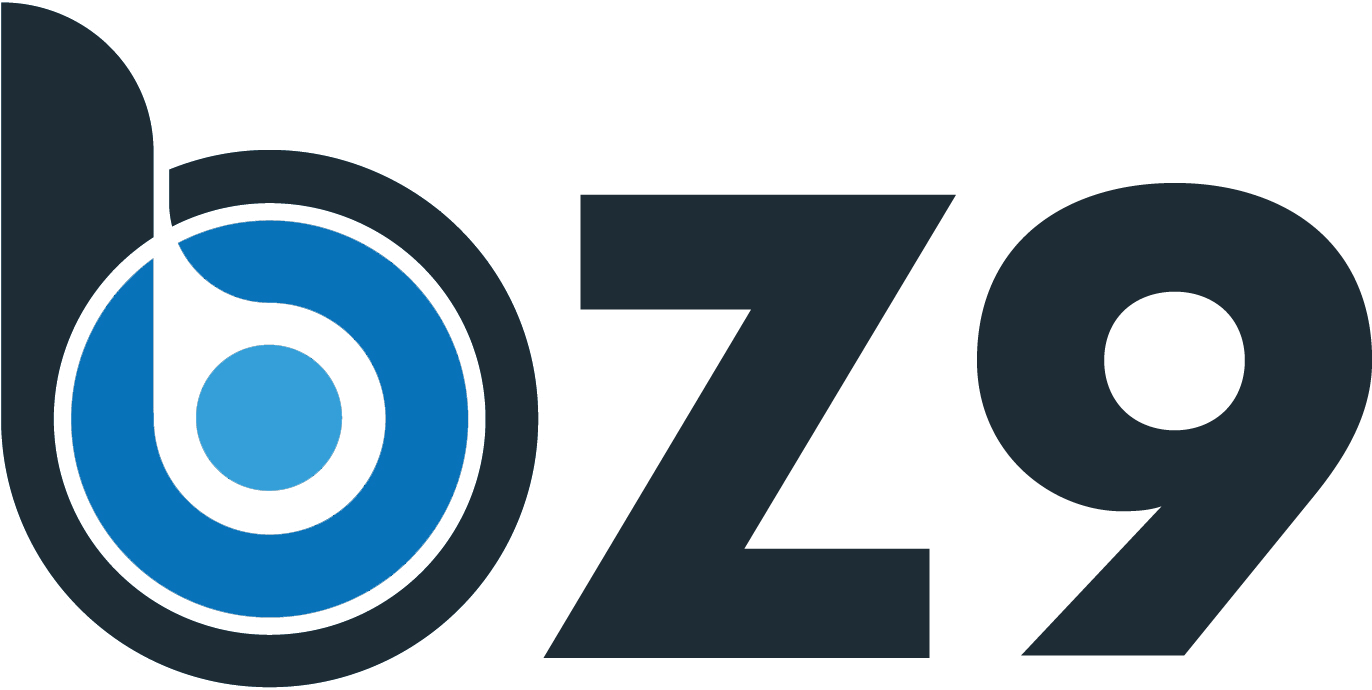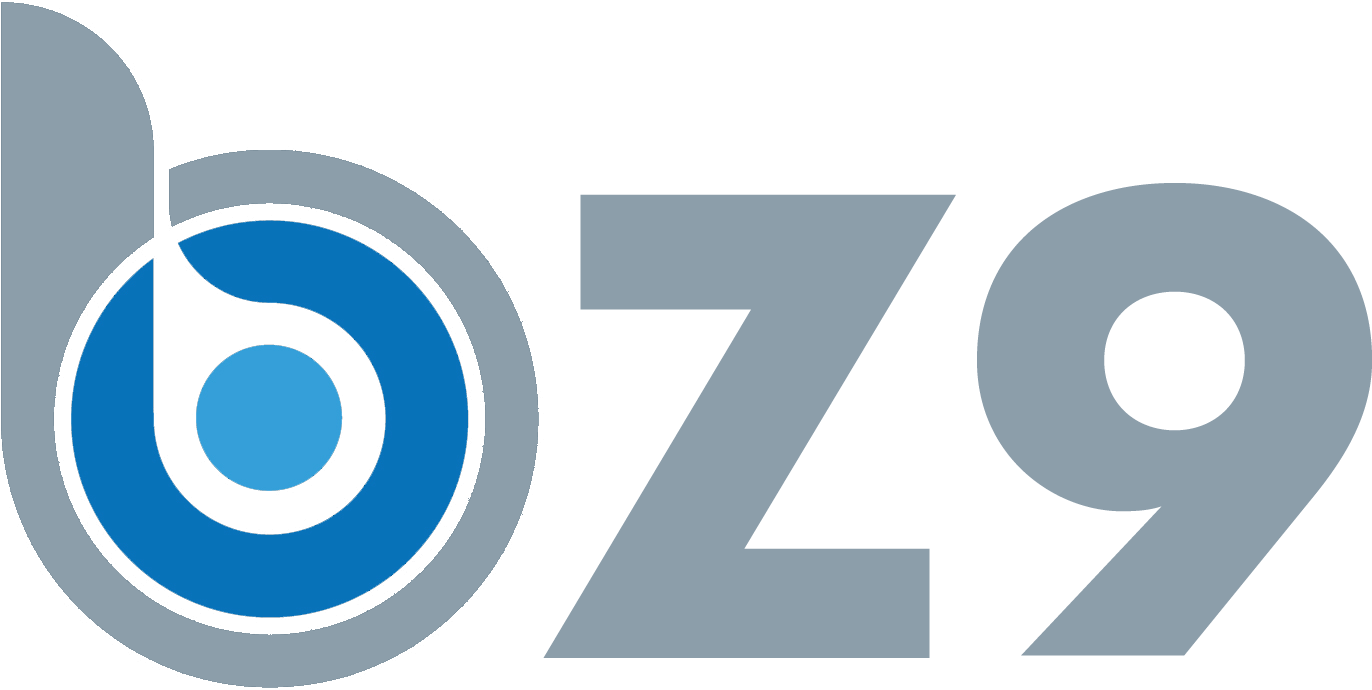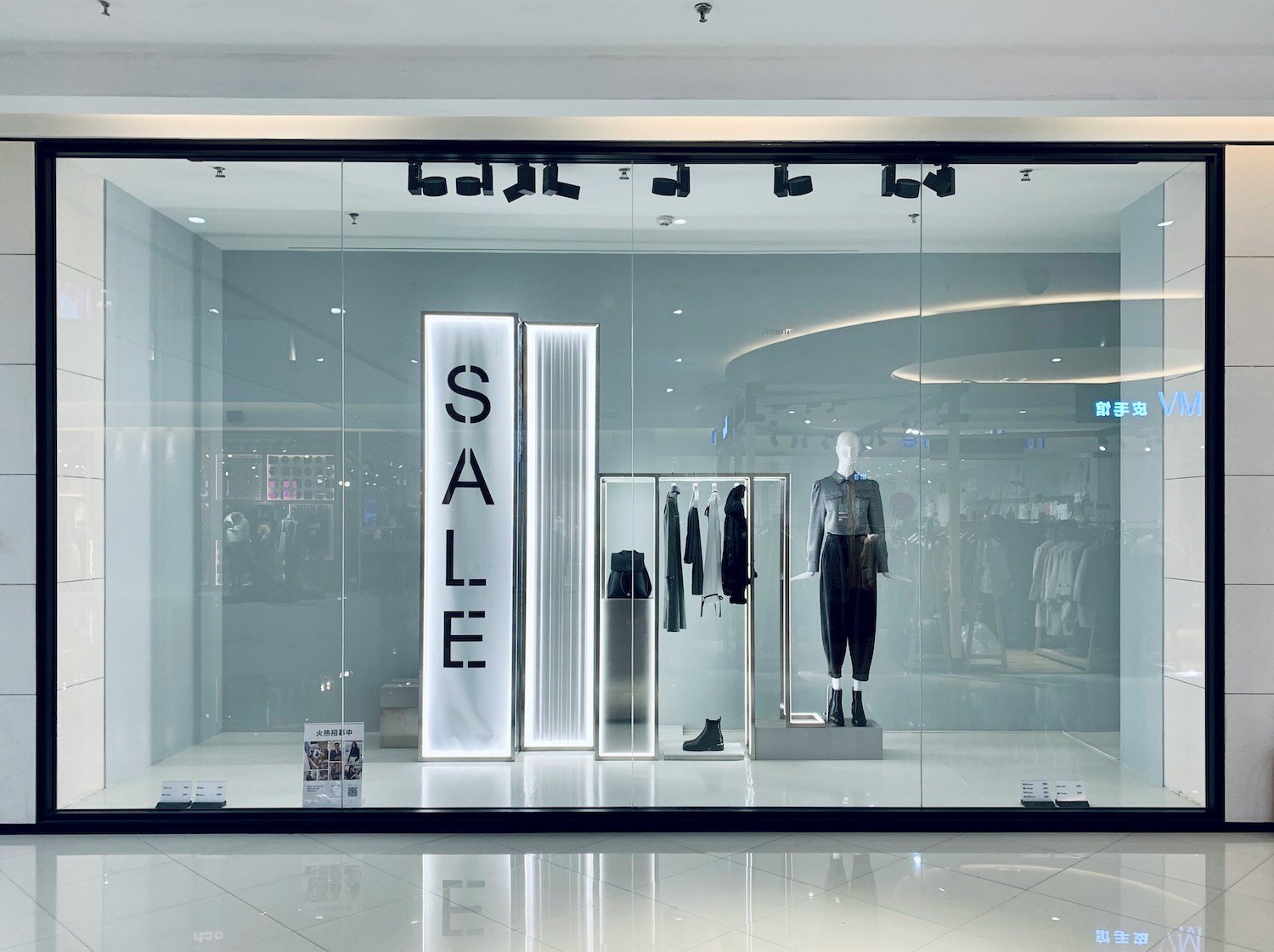
In the ever-evolving landscape of consumer packaged goods (CPG), QR codes have emerged as a powerful tool for brands to enhance customer engagement, provide valuable information, and create interactive experiences. Let's explore some innovative ways QR codes are being utilized in the CPG industry.
1. Product Information and Transparency
One of the primary uses of QR codes on packaged goods is to provide detailed product information. Consumers are increasingly interested in knowing more about what they're buying, from ingredient sourcing to nutritional facts.
Example: A cereal brand might include a QR code that, when scanned, leads to a page detailing the origin of their grains, the farming practices used, and even profiles of the farmers involved. This level of transparency can significantly boost consumer trust and brand loyalty.
2. Recipe Ideas and Usage Instructions
QR codes can turn packaging into a gateway for culinary inspiration or product usage guidance.
Example: A pasta sauce brand could include a QR code linking to a collection of recipes using their product. This not only adds value for the consumer but also encourages repeat purchases as customers explore new ways to use the product.
3. Authentication and Anti-Counterfeiting
In industries where counterfeiting is a concern, such as luxury goods or pharmaceuticals, QR codes can serve as a verification tool.
Example: A high-end skincare brand might implement a unique QR code on each product. When scanned, it confirms the product's authenticity and provides the manufacturing date and batch number.
4. Interactive Marketing Campaigns
QR codes can transform static packaging into an entry point for engaging marketing experiences.
Example: A soft drink company could run a promotion where scanning the QR code on the bottle enters the consumer into a sweepstakes or unlocks an augmented reality (AR) game featuring the brand's mascot.
5. Sustainability Information
As consumers become more environmentally conscious, QR codes can provide detailed information about a product's environmental impact and recycling instructions.
Example: A cleaning product might include a QR code that leads to information about the product's biodegradability, packaging recyclability, and tips for eco-friendly usage.
6. Product Reviews and Social Proof
QR codes can link directly to product reviews, helping consumers make informed decisions at the point of purchase.
Example: A cosmetics brand could include a QR code on their packaging that leads to user-generated content, such as customer reviews or before-and-after photos, providing social proof right in the store aisle.
7. Reordering and Subscription Services
For frequently purchased items, QR codes can simplify the reordering process.
Example: A pet food brand might include a QR code that, when scanned, takes the customer directly to a page where they can set up a recurring subscription for the product.
8. Personalized Experiences
QR codes can be used to offer personalized product recommendations or experiences based on consumer preferences.
Example: A snack food company could include a QR code that, when scanned, asks for flavor preferences and then suggests other products in their line that the consumer might enjoy.
9. Product Usage Tracking
For products where tracking usage is beneficial, QR codes can facilitate this process.
Example: A vitamin supplement bottle could have a QR code that, when scanned daily, helps the user track their intake and reminds them when it's time to reorder.
10. Virtual Customer Service
QR codes can provide instant access to customer support or FAQs.
Example: A tech gadget's packaging might include a QR code that links to a chatbot or video tutorials for setup and troubleshooting.
11. Language Options
For products sold in multiple countries, QR codes can provide information in various languages without cluttering the packaging.
Example: A global food brand could use a QR code to offer product information in multiple languages, allowing the physical packaging to remain streamlined.
12. Loyalty Programs
QR codes can serve as an easy entry point for loyalty programs or point collection.
Example: A coffee brand might include a QR code on their packaging that allows customers to easily join their loyalty program or collect points with each purchase.
Challenges and Considerations
While QR codes offer numerous benefits for CPG brands, there are some challenges to consider:
1. Consumer Education: Not all consumers are familiar with QR codes, so some education may be necessary.
2. Design Integration: QR codes need to be integrated into packaging design in a way that's both functional and aesthetically pleasing.
3. Mobile Optimization: The content behind the QR code must be mobile-friendly for a seamless user experience.
4. Data Privacy: As QR codes collect data, brands must be transparent about data usage and comply with privacy regulations.
5. Code Maintenance: For dynamic QR codes, brands need to ensure that the linked content remains up-to-date and relevant.
Conclusion
QR codes have opened up a world of possibilities for CPG brands to connect with consumers in meaningful ways. By providing valuable information, enhancing transparency, and creating interactive experiences, QR codes are bridging the gap between physical products and digital engagement. As technology continues to evolve, we can expect to see even more innovative uses of QR codes in the CPG industry, further transforming the way consumers interact with products and brands.
The key to success lies in using QR codes strategically, always with the goal of adding genuine value to the consumer experience. When implemented thoughtfully, QR codes can significantly enhance product appeal, boost brand loyalty, and provide valuable data insights, making them an indispensable tool in the modern CPG marketing toolkit.




